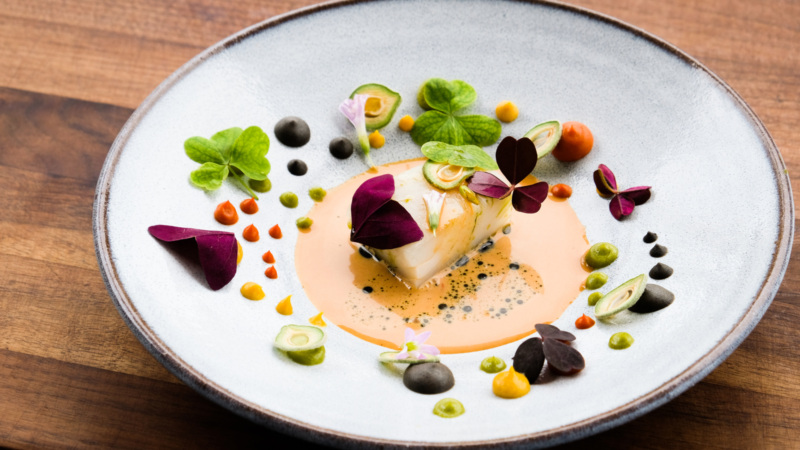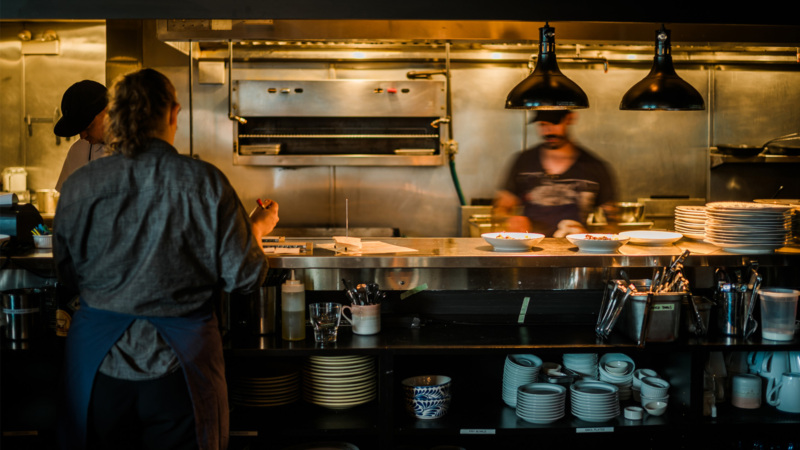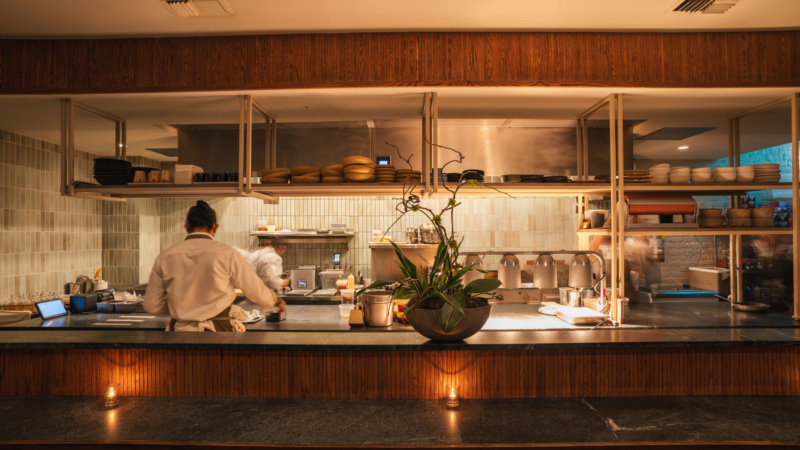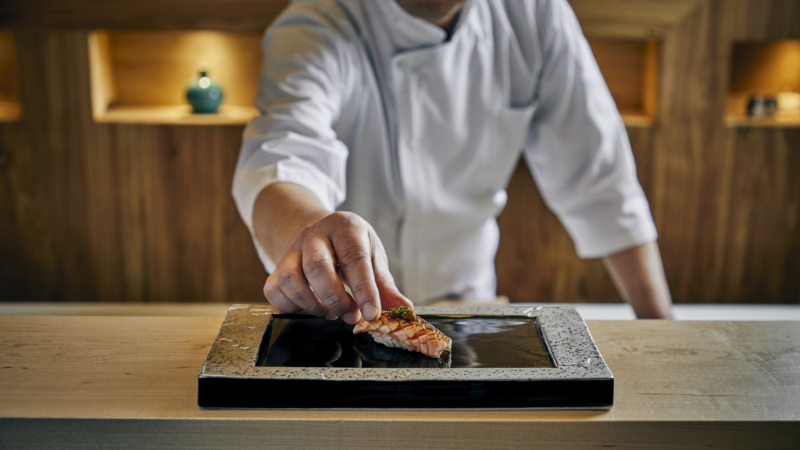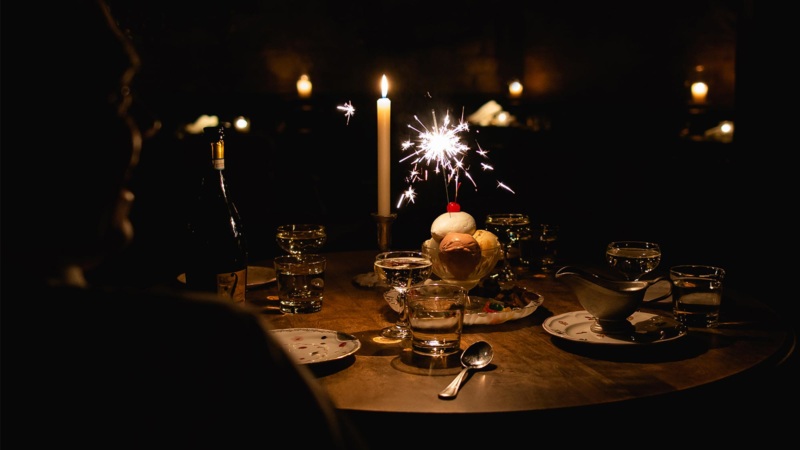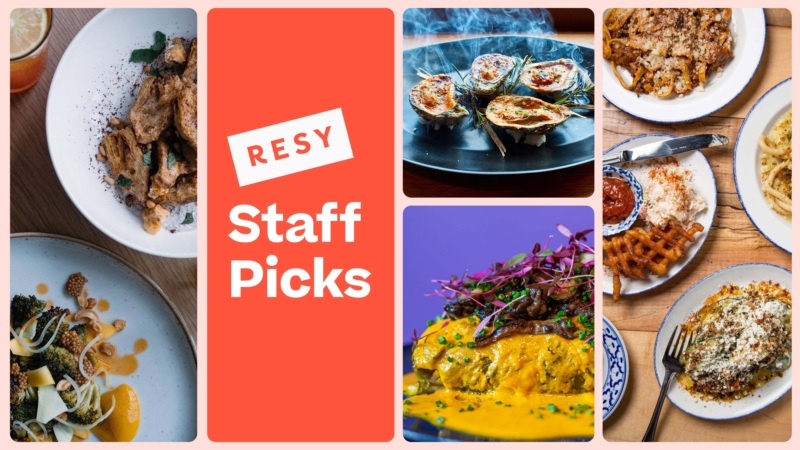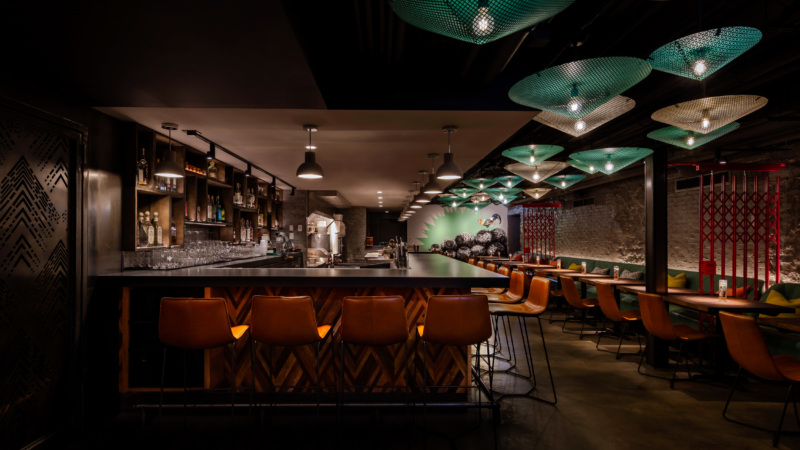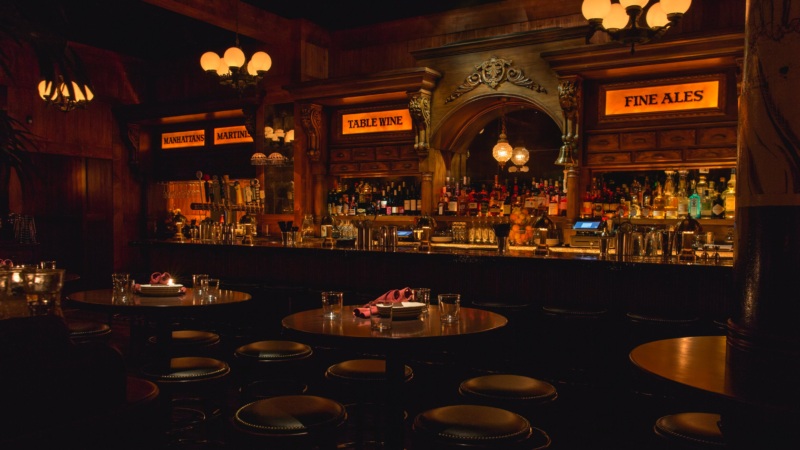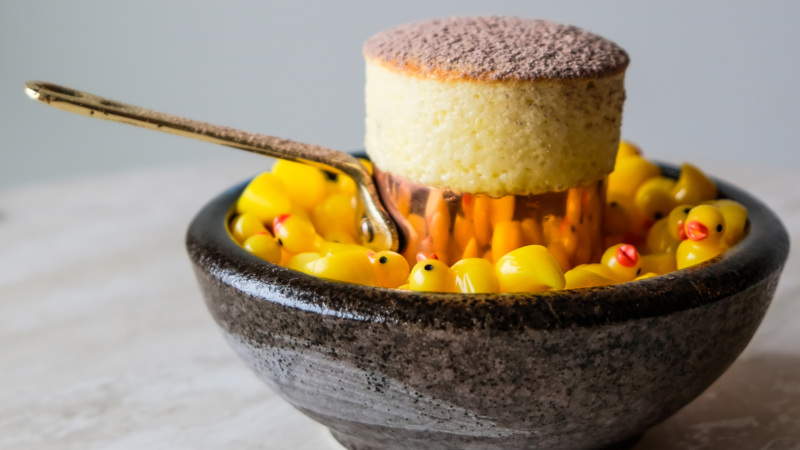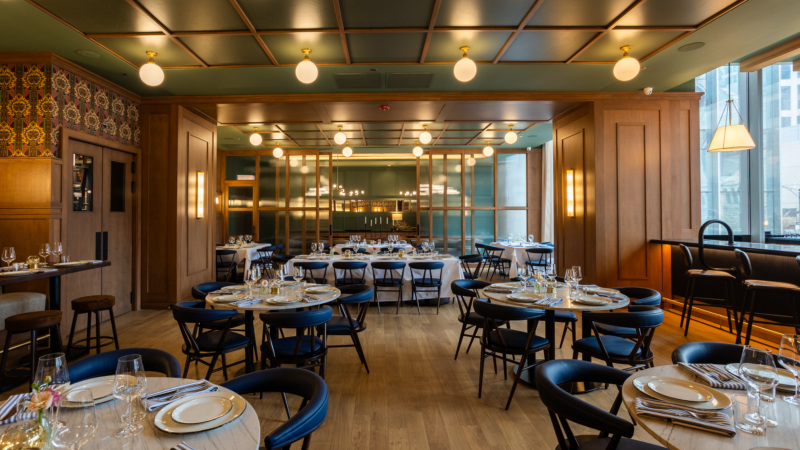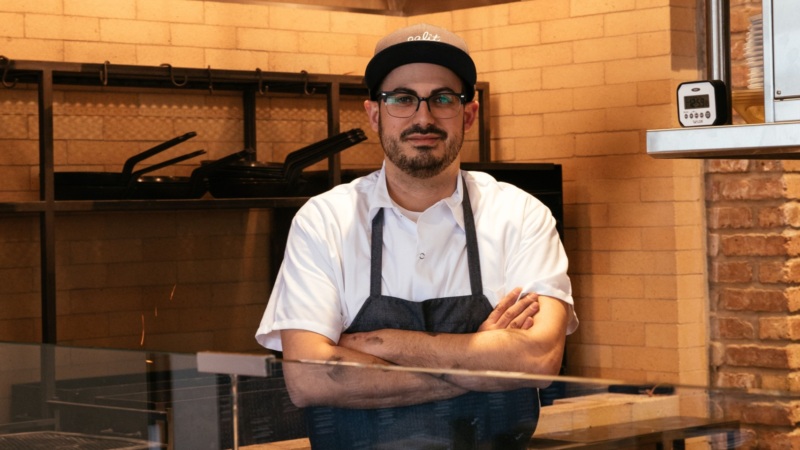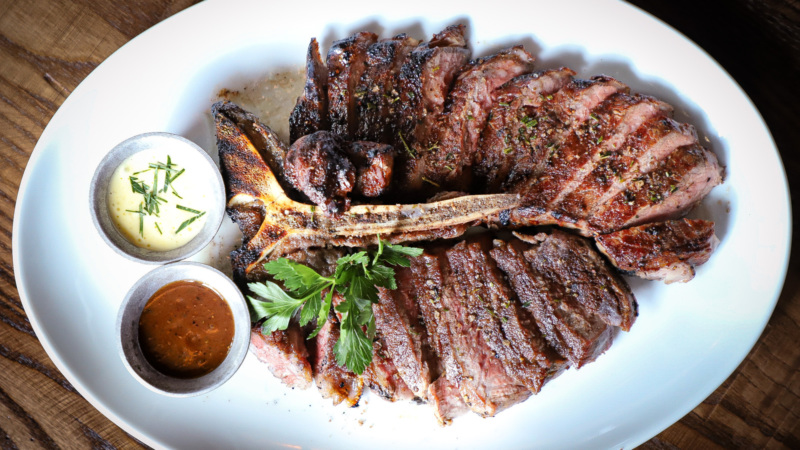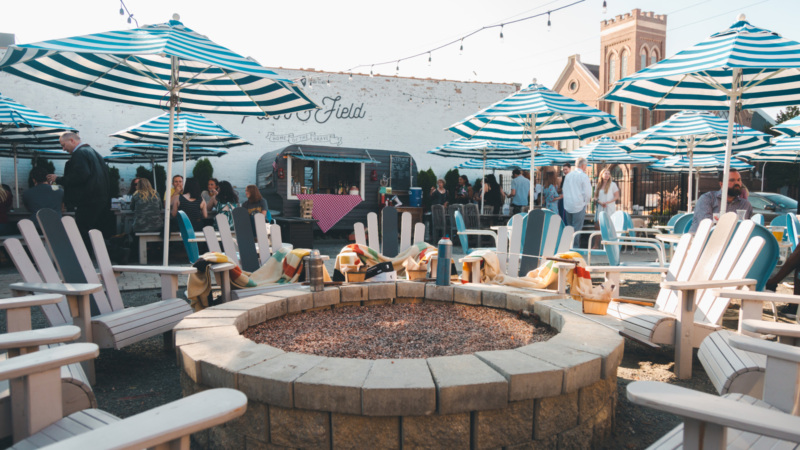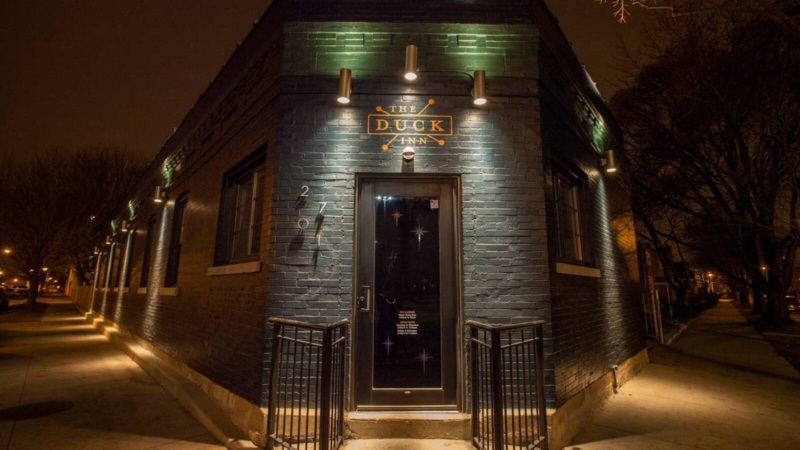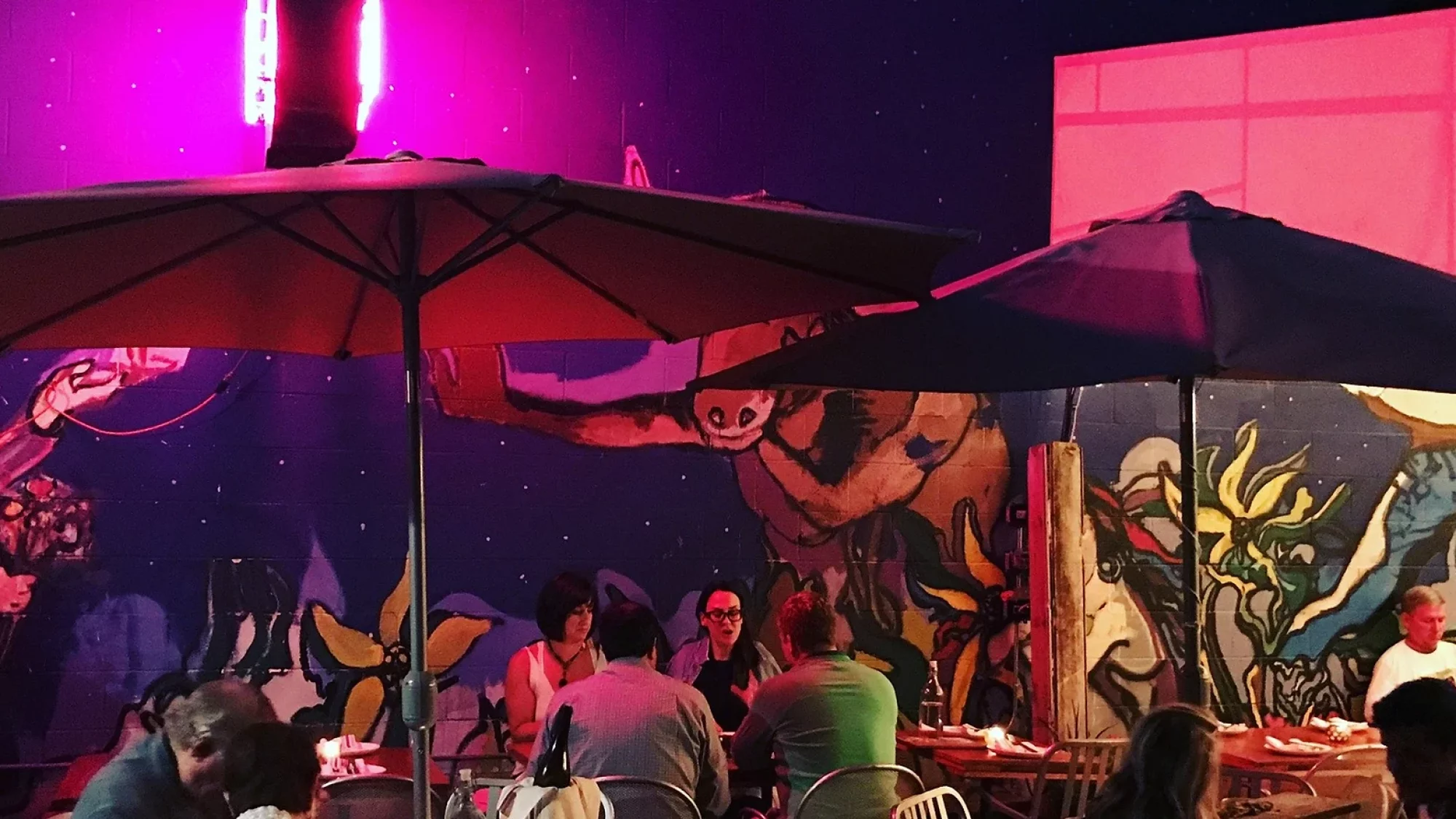
How Autre Monde Revolutionized the Suburban Dining Scene
Christine Tully and her partners didn’t set out to re-invent the neighborhood restaurant when they opened Autre Monde 11 years ago. Convenience – combined with a sense of style, and of course good food and drinks – was the catalyst behind this chic, Mediterranean-inspired restaurant in the western suburb of Berwyn, only 15 minutes from downtown Chicago.
Tully was working at the award-winning Italian restaurant Spiaggia with pastry chef Beth Partridge, chef Dan Pancake, and wine director John Aranza when they all decided to move to Berwyn. And while they each loved the quieter pace of their new home, they were less fond of having to travel downtown for dinner. That’s when the foursome decided to branch out on their own.
“We looked around and knew that there were a lot of others like us – people who had moved to the suburbs and didn’t necessarily want to drive to the city every time we wanted a city-style experience,” explains Tully. “We really just created the restaurant where we wanted to dine.”
The collaborative project is truly a labor of love, which is why Autre Monde remains a staple not only in Berwyn, but the western suburbs at large.
The fare pays respect to coastal Mediterranean cuisine, while honoring its Midwestern roots. Seasonal signature risotto, for example, uses local sweet corn, and the juicy pork in their beloved Manchego cheese and ham croquetas hails from Iowa. Resy spoke to Tully about Autre Monde’s evolution, how it survived a fire – and the pandemic – and those dishes they’ll never take off the menu.
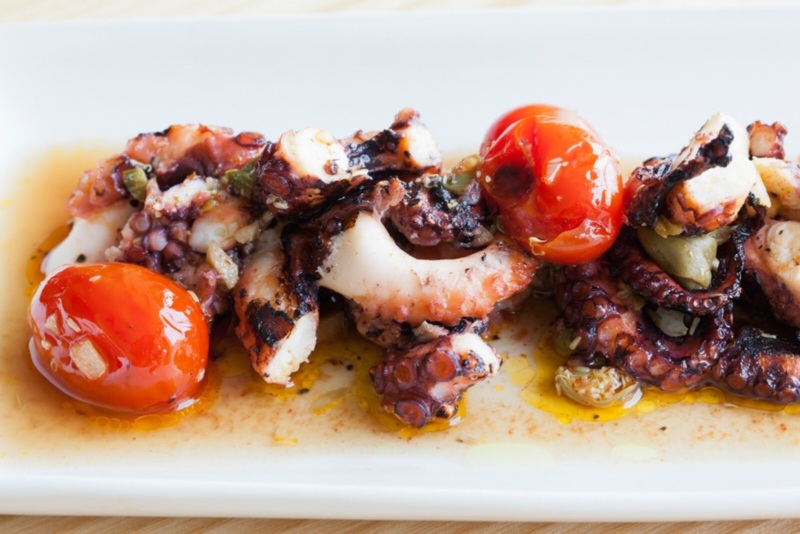

Brag a little. You were sort of pioneers, bringing that finer dining style to the western suburbs, right?
We were reviewed two weeks after opening by the Chicago Tribune’s Phil Vettel, so we put fine dining on the map in Berwyn. I’m still proud of that to this day. I love seeing all these new restaurants coming into the suburbs, especially the ones near the edges of the city, whether it’s north or west of where we are. A lot of people used to live and work in the city, but now, with more people working from home, suburban restaurants are getting more business. What we kind of took a gamble on has definitely proven true – that there’s an appetite for the same type of dining in the suburbs as there is in the city. The audience has changed a lot in the last 10 years.
How has your restaurant changed in terms of the clientele since you first opened?
Some of the people who visit us are the same and that’s great. We really love the fact that we’re a neighborhood restaurant and have been able to become friends and share experiences with people who have been in our lives for over a decade now. I think that what we’re seeing a lot of now are people who were in the city for 10, 15 years and relocated, whether it be for schools and a backyard or whatever else.
But also, Covid definitely changed the dynamic of where people live and work. I think that we are seeing a lot more of that city-style diner [at Autre Monde]. We never really approached our project from a standpoint of dumbing it down at all for the suburbs, so I think that things just kept evolving towards where we had always been.
How has your menu evolved over the years, especially after Covid?
There are certain things that are evergreen for us. There are items that were on our opening menu that we can never take off, such as the grilled octopus, duck sausage flatbread, mezze platter, and chocolate hazelnut pot de creme. Our croquetas, which were on the original menu, have recently been brought back to great success.
Also, there are certain seasonal favorites that people look for, like the sweet corn risotto. We get corn picked that day from Stade’s Farm in McHenry, Illinois. It’s picked at dawn and winds up on your plate that same evening. We love that about the seasonality and bounty of the Midwest.
We’ve had more fun with farmers and working with different local vendors over the years. We certainly have done more vegetarian and pescatarian over time because [customers] are eating more of that. But the style of the menu has not changed. We have always offered shared plates because for us that just works, and it’s true to the Mediterranean style of dining.
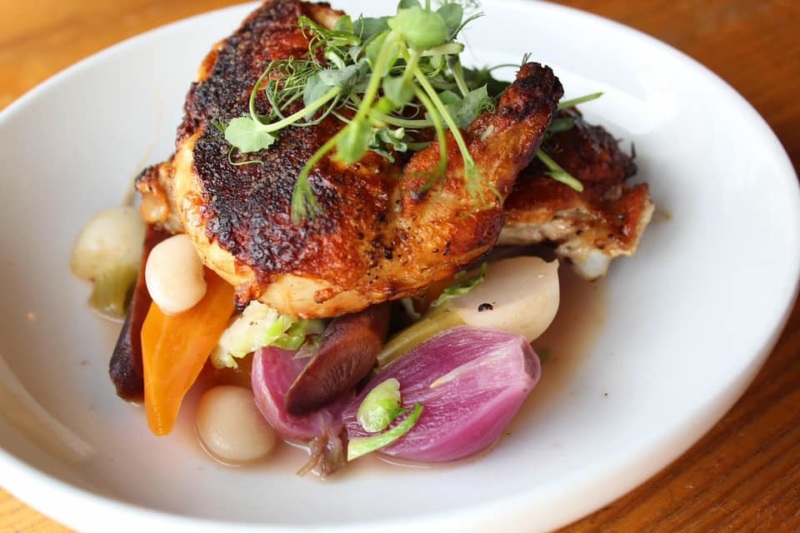

What does a Mediterranean style of dining mean to you and your team? Is it more traditional, or modern, or something in between?
For us, Mediterranean means all the cuisines that touch the Mediterranean coast. We definitely skew a little bit less to the Middle Eastern side of the cuisine and more to the continental side of it, such as France, Italy, Spain, Greece. Our chefs also lived in Spain for a while, and there’s some Croatian influence, too, because of [chef] Dan Pancake’s heritage. We were one of the first Chicagoland restaurants to feature Croatian wines on the menu.
We interpret the food traditionally as far as the style and regionally from where the dishes come from. And we always try to impart a Midwestern viewpoint. We hone in on ingredients since we all came from the same background with the same chef, Tony Mantuano [of Spiaggia], who indoctrinated everybody with this idea of taking great ingredients and trying not to mess them up.
How did the fire your restaurant sustained several years ago help you survive the pandemic?
The fire was very early on, in 2012, and was certainly a challenge, but in some ways that early adversity prepared us to weather the storms that came during the pandemic. What saw us through that time was the tenacity of our partnership and the loyalty of our regulars, who supported us through curbside pickup, meal kits, and more.
Surviving the pandemic was patchwork, and a wing and a prayer. We thought it was going to be temporary, and as it dragged on, we started to look at what made sense. We looked at our clientele and where we fit in and what they needed. One of the biggest things to come out of [the pandemic] was delivery, which for finer dining restaurants didn’t really exist. A lot of chefs were reluctant to do it because they always want to preserve the quality of their products. Innovations in packaging and guests starting to get more comfortable working with that food at home, opened a whole new market. It’s a way for customers to experience a restaurant before investing and going in for a whole meal.
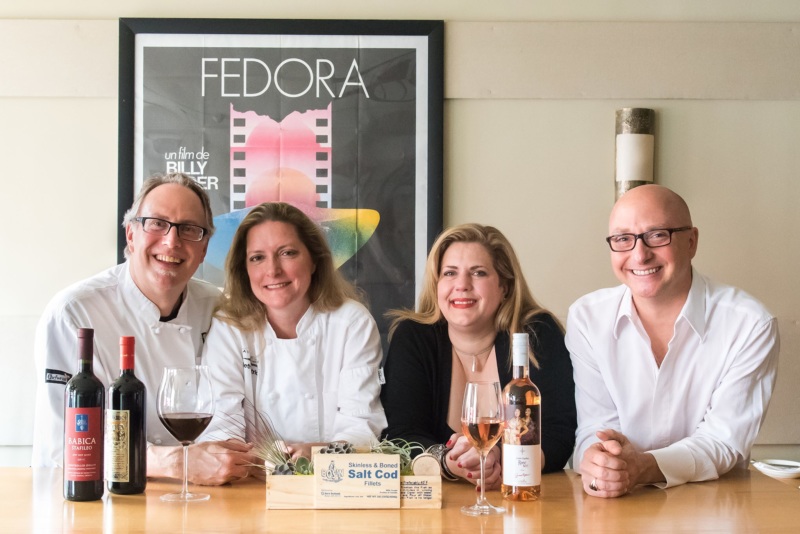

Is there anything that you started during the pandemic that you’ve kept around today?
A few different things: First, delivery service. Second being packaging, especially to-go cocktails. We now sell the blood orange Gimlet mix, which is a cocktail that’s been on our menu since day one. We also have a new wine club called Vin De Monde, which is a monthly subscription of six wines put together by our wine director, John Aranza.
Do you feel that diners want a different restaurant experience today than what they sought when you first opened?
I definitely think the way people are eating and drinking now is lighter. People are looking for lighter spirits, and they’re interested in non-alcoholic options too. As far as the experience itself, people have lightened up without expecting a certain type of environment. We’ve always tried to bring them polished, not stuffy, service. We don’t want anyone to feel intimidated. We come from the standpoint of true hospitality. We want people to feel adventurous. We want them to feel unafraid to ask questions, and that’s where having an amazing waitstaff comes in. They really do tailor experiences for guests, and we think people are looking for that.
What do you feel is the key to long-term success?
I would say it’s two things. Without a doubt, during the pandemic, there were many moments when it came down to a gut call of what we needed to do to survive. The other thing is treating your guests and your staff just like you’d want to be treated and bringing them into the fold. That’s being a good neighbor.
Audarshia Townsend is a veteran food and beverage journalist who serves as content director for Informa Markets’ Food & Beverage Insider, and appears regularly on WGN Morning News to discuss restaurant, bar and cocktail trends. Follow her here; and while you’re at it, follow Resy, too.


